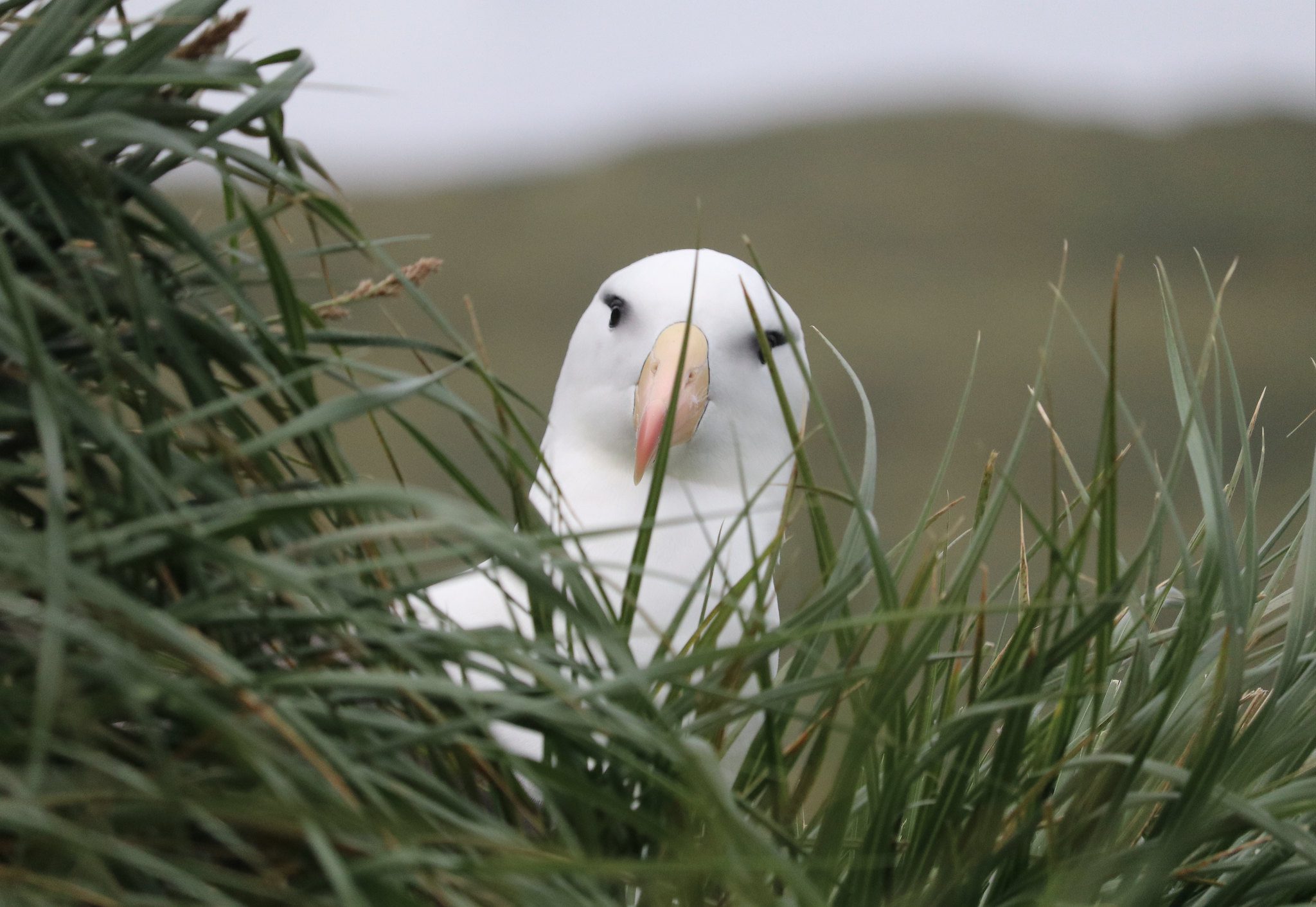Amid the mounting pressures from COVID-19, governments facing diminished incomes and communities experiencing decreased access to food may be tempted to relax environmental protections in favour of short-term gains. Ocean ecosystems, already impacted by overfishing, loss of biodiversity and climate change are particularly vulnerable. I’ve been working to protect the ocean for over a decade, and through my travels, I’ve seen first-hand how coastal communities, particularly in developing countries, are reliant on the ocean for their food and their livelihoods.
As we try to look ahead, in a world that has been turned upside down, the need for strong conservation action remains as imperative as ever. With so many crises currently intersecting, it may seem easy to put aside the importance of a healthy ocean. But science has shown that resilient marine ecosystems help build sustainable communities, by providing food security, economic opportunities, and strengthening cultural and historical ties to the sea. Marine conservation can be a critical tool to stimulate economic growth, but success requires international cooperation.
Like many ocean advocates I look to the United Kingdom as well positioned to lead global efforts to strengthen protection of the ocean. The UK is the custodian of the fifth-largest marine estate in the world. Its waters provide a home to over 1,500 species found nowhere else on earth, globally significant populations of albatross, whales and turtles and as many as a quarter of the planet’s penguins. The UK has played a leading role in advancing ocean conservation efforts in recent years. Central to these efforts is the Blue Belt Programme, an initiative that supports delivery of the UK government’s commitment to provide long-term protection of 4 million km2 of marine environment across the UK Overseas Territories (over 16 times the size of the UK’s landmass). The programme has so far served to designate and manage large fully protected areas in a third of UK waters, including the Pitcairn Islands, Ascension and parts of South Georgia and the South Sandwich Islands.

These national efforts have enabled the UK to take an international leadership role in advancing a new global ‘30 by 30’ ocean target (to protect at least 30% of the world’s oceans by 2030) under the Convention on Biological Diversity. Countries around the world are currently focused on meeting an existing 10% target by the end of the year – but the scientific community believes that this is not enough and is coalescing around a new, and more ambitious, 30 by 30 goal to support the regeneration and resilience of the ocean. The UK created the Global Ocean Alliance in 2019 in support of this target, and under its successful leadership, the alliance’s membership has expanded to 30 countries, including Germany, Ecuador, and Kenya.
The opportunity remains for the United Kingdom to do even more to deliver long-lasting ocean conservation. The UK’s Blue Belt programme exemplifies science-led ocean protection. Detailed analysis has allowed the Overseas Territories and UK government to recognise the value of conserving the marine environment to protect biodiversity. However, the UK government has not yet allocated funding for the Blue Belt beyond April 2021. Making this funding commitment would cement the UK government’s well-earned leadership position at international bodies such as the Convention on Biological Diversity.
Greater efforts to support sustainable local fishing practices as well as coastal tourism are also needed for the UK’s domestic waters. According to a recent UK government review, there are no highly protected areas (in which no damaging resource extraction takes place) in English waters. The review recommended the introduction of a network of new highly protected areas as soon as possible, a move which could coincide with the integration of more sustainable fishing practices into UK fisheries as part of ongoing Brexit and national policy negotiations.
Scientific and diplomatic efforts to advance marine conservation objectives, for example, through the upcoming Convention on Biological Diversity, have continued at pace. These decisions will carry implications for the health of the ocean for the next century, and the UK government and its Overseas Territories are demonstrating their leadership role. For the sake of the ocean and the billions of people who depend on it for their sustenance and livelihoods, I call on the rest of the international community to commit to protect the ocean and promote a new way forward, based on a sustainable and regenerative blue economy.
Photo © Johnny Briggs
